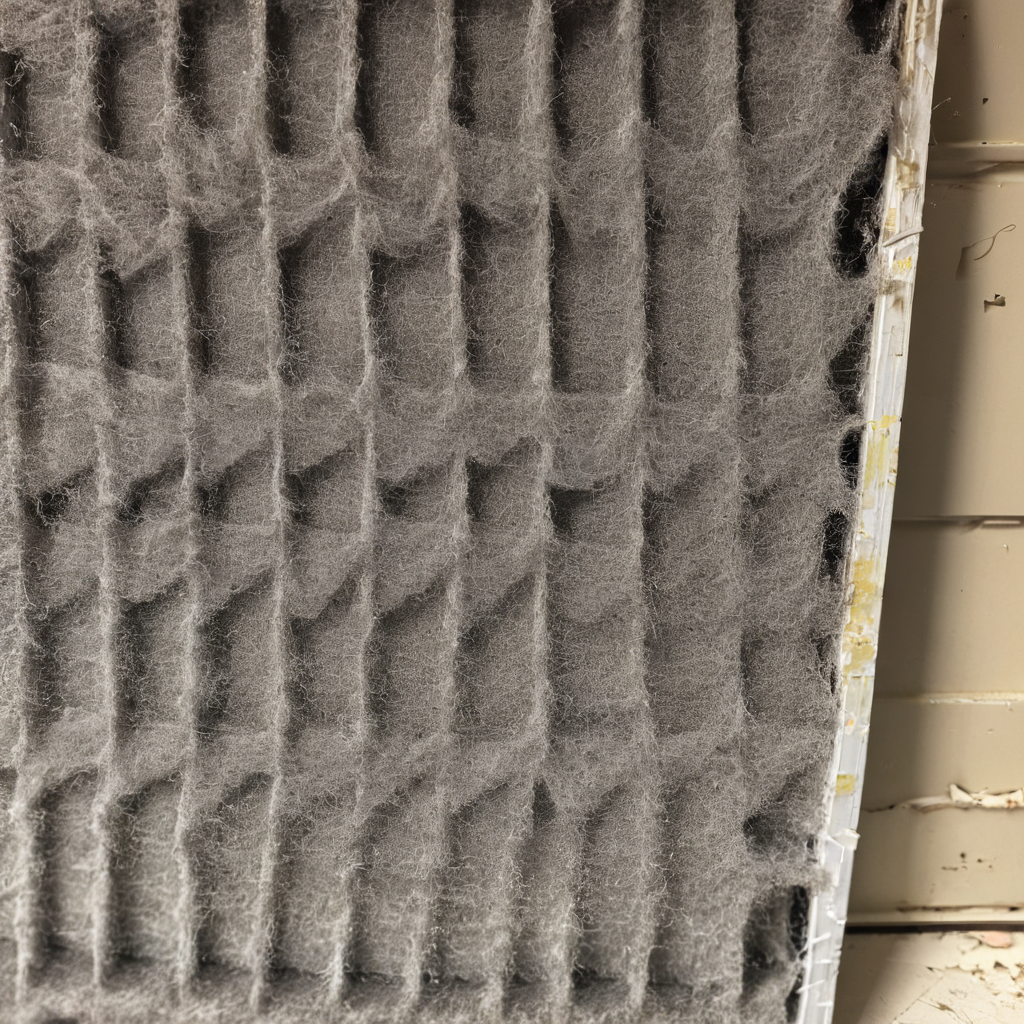
Your HVAC system plays a crucial role in maintaining a comfortable indoor environment by regulating temperature and improving air quality. One often-overlooked aspect of HVAC maintenance is the regular replacement of air filters. Understanding how often you should change out your HVAC filter is essential to ensure the efficiency and longevity of your heating and cooling system.
The frequency at which you should change your HVAC filter depends on various factors, such as the type of filter, the level of household dust and pet dander, and the system’s usage. As a general guideline, standard 1-inch fiberglass filters should be replaced every 30 to 60 days, while higher-quality pleated filters can last up to 90 days. However, households with pets, smokers, or individuals with allergies may need to replace their filters more frequently, potentially every 20 to 45 days.
Regularly changing your HVAC filter offers several benefits, including improved indoor air quality, enhanced system efficiency, and reduced energy consumption. A dirty or clogged filter restricts airflow, forcing the HVAC system to work harder to maintain the desired temperature, which can lead to increased energy bills and premature system wear and tear.
Moreover, a clean filter helps trap dust, pollen, pet dander, and other airborne particles, improving the air quality in your home and reducing respiratory issues for occupants, especially those with allergies or asthma. By replacing your HVAC filter on a regular schedule, you can ensure that your system operates at peak performance, providing optimal comfort and energy efficiency while prolonging the lifespan of the equipment.
To determine the appropriate replacement schedule for your HVAC filter, consider factors like household occupancy, presence of pets, indoor air quality concerns, and the manufacturer’s recommendations. Additionally, inspect the filter regularly and replace it sooner if it appears visibly dirty or clogged.
In conclusion, changing out your HVAC filter regularly is a simple yet essential maintenance task that can significantly impact the efficiency and effectiveness of your heating and cooling system. By adhering to a consistent filter replacement schedule based on your specific household environment and HVAC usage, you can ensure better indoor air quality, lower energy costs, and a longer lifespan for your HVAC equipment. Prioritizing this routine maintenance not only enhances the comfort of your home but also contributes to a healthier living environment for you and your family.
Cedar Hill St. Louis Jefferson County Olivette Kirkwood Ballwin Arnold Franklin County St Charles County Fenton High Ridge Dittmer Creve Coeur
